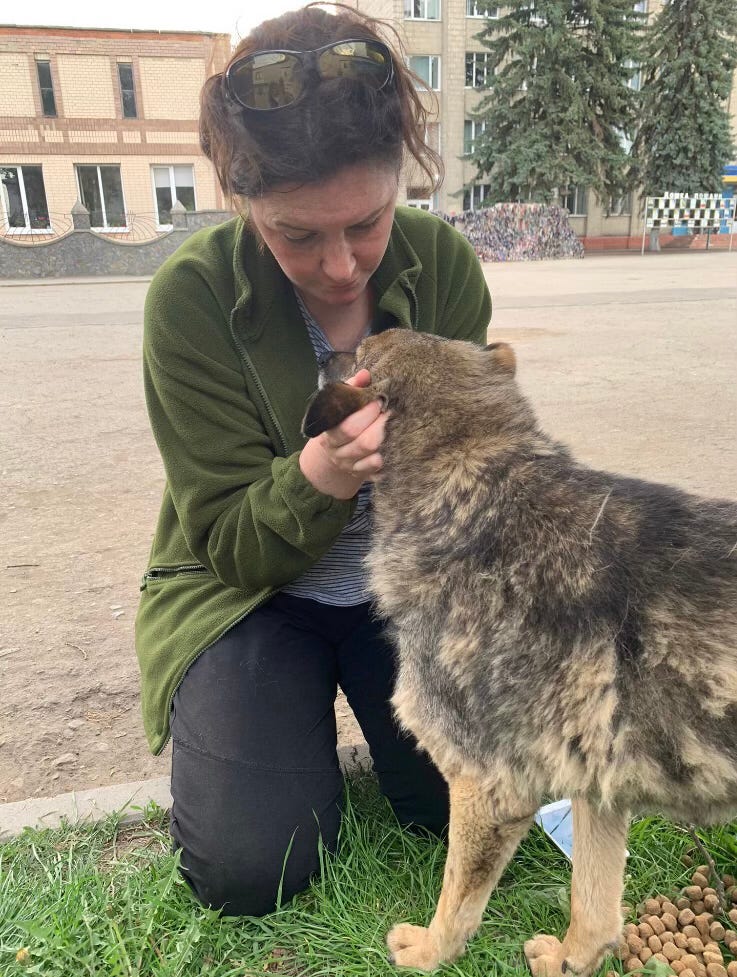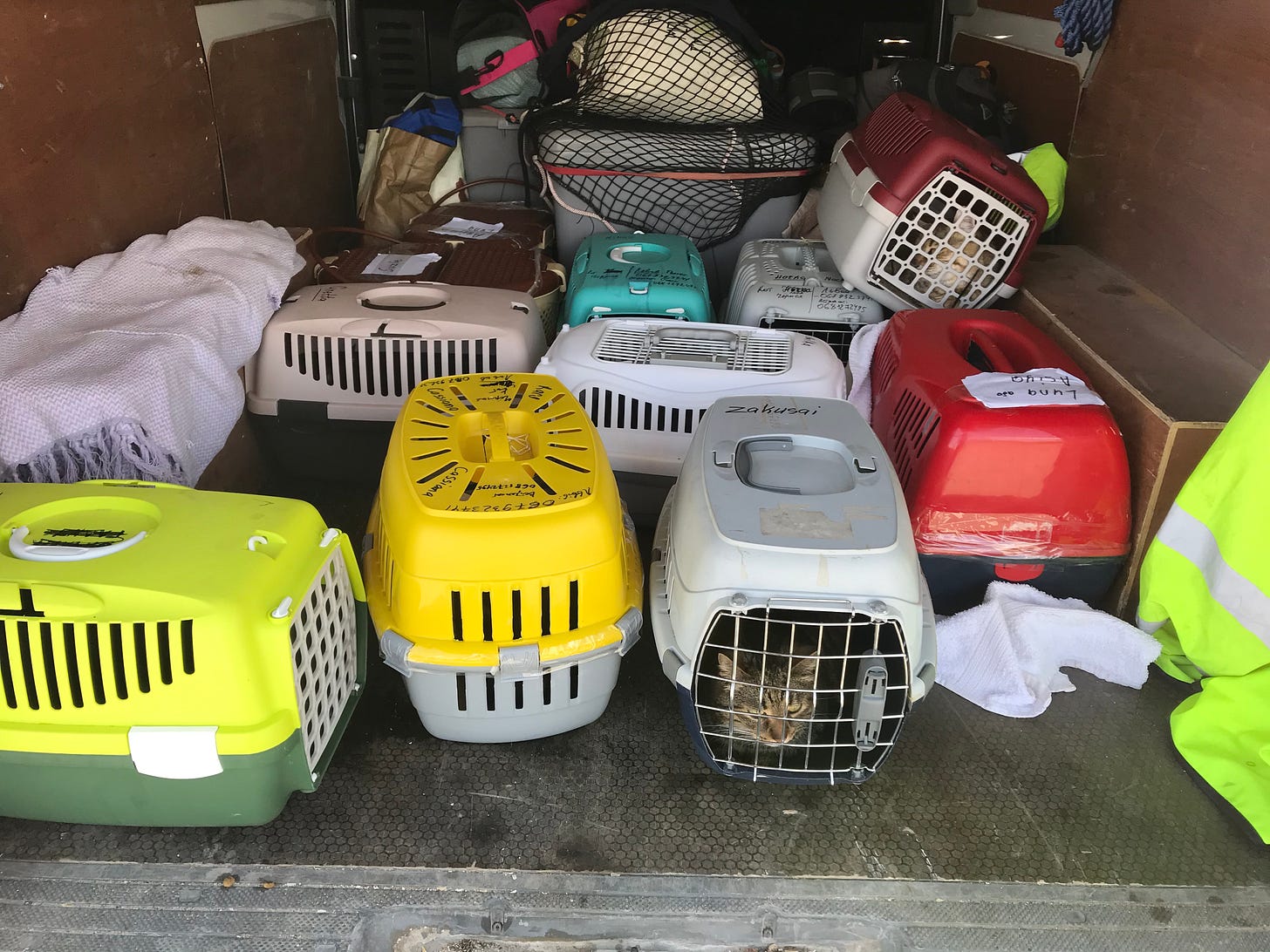War’s Invisible Casualties
People make wars, not animals
There’s one thing that can be said about us as a species that can’t be denied: We excel at war. Threatening it. Declaring it. Prosecuting it. And, sometimes, winning it. War, I often think, is what drives our species’ evolution. Not natural selection. Perhaps the two are inseparable.
Also, it can’t be denied that it’s men—often liquored up on religion and politics, armed with guns—who mostly make war. If only men could make peace equally well, there would be less suffering in the world.
Of course, men die in wars. But women, children, and animals also die, and the natural world is despoiled. As the recognition of the moral and legal rights of animals gathers momentum, and vegan, cruelty-free living is understood as an alternative nonviolent approach to present ways of living, animals (maybe, hopefully) will be seen one day as victims of war. Right now, they’re invisible.
People make wars, not animals. Of course, animals do fight, and some (including chimpanzees, it has been observed) also wage territorial battles. Nonetheless, war is a peculiarly human enterprise. Animals, who are the least responsible, suffer the most.
Even when we’re not at war with ourselves and living in what we see naively as times of peace, we kill annually billions of animals, birds, and fish in what can only be described as a war against them. Zoos, factory farms, and research laboratories are internment camps for enslaved beings. Should these prisons be situated amid military disputes, the trapped animals can’t even escape their imprisonment if the buildings holding their cages are bombed.
Has there ever been a time when humans haven’t been at war somewhere in the world? Probably not. There will be no peace until we’re at peace with ourselves, the environment, and the sentient beings who also call Earth home.
Right now, two military conflicts dominate the news: Russia’s invasion of Ukraine and Israel’s assault on Gaza. My goal here is not to explore who’s right and who’s wrong (of course, I have my opinions) but to share information about which organisations to support who are helping animals in these conflicts. I cannot personally vouch for each one; however, this list is compiled from my research and the recommendations of others after I posted messages online inviting people to get in touch. Thanks to them, many did. Please post in the comments below any recommendations for additional animal rescue groups in Ukraine and Gaza.
Finally, I’m very aware that throughout the world, compassionate people and local organisations work hard to help animals in need regardless of their circumstances, whether there’s a war or not. They deserve recognition and our support.
I’m grateful to Jenny Elliott-Bennett, a UK-based volunteer who assisted me with information about animal rescue in Ukraine. She’s a frequent visitor, volunteering her time, supplying medication, and feed, and helping to meet veterinary costs incurred by Heart of a Friend (Uman). She kindly permitted me to include her photos to illustrate this article.
Ukraine
Gaza
Animals Australia awards emergency grants to groups in Gaza




Great article. People often forget that this is yet another way that animals pay the price for the destruction that we create.
Thank you for this insightful and equally practical piece!